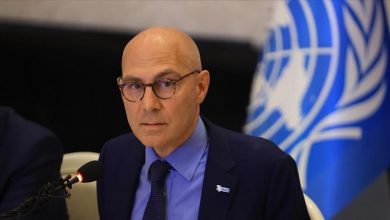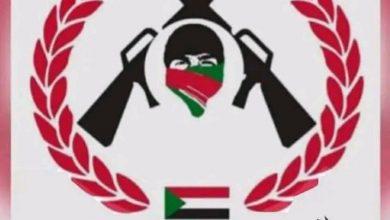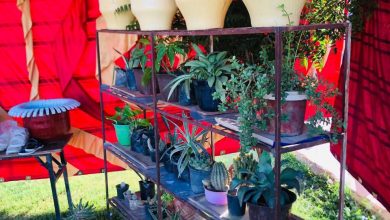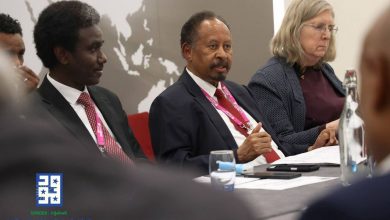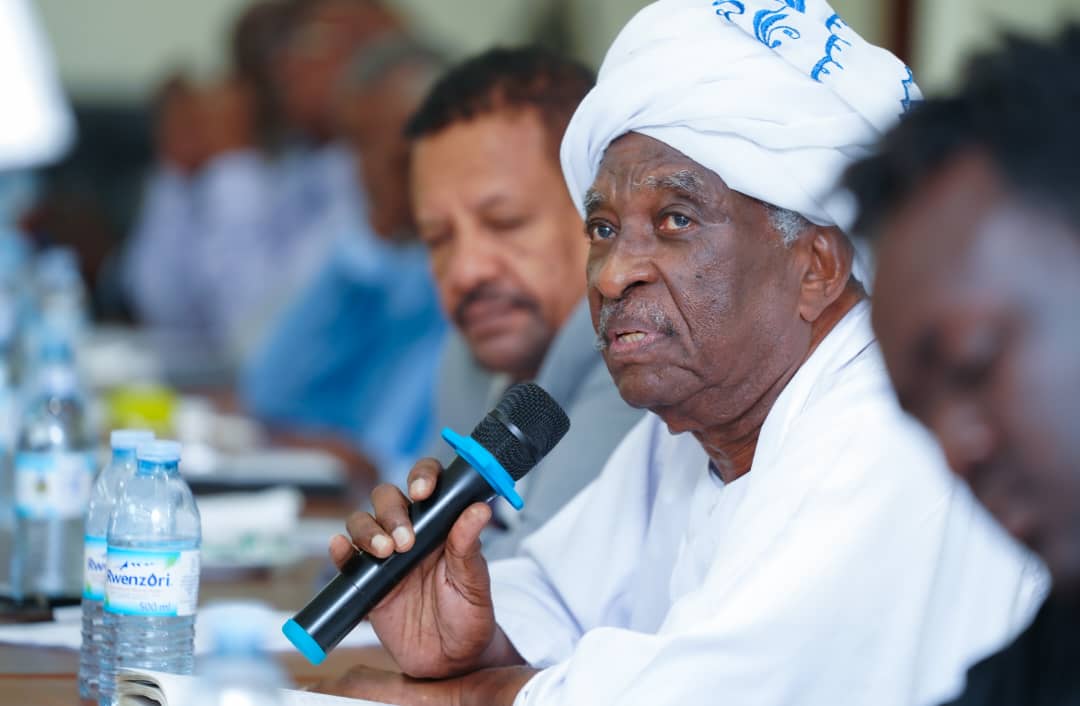
Kampala, June 26, 2025 (Sudanile) –
Amid one of the most devastating wars in Sudan’s history, more than 47 intellectuals, academics, politicians, and youth from across the country gathered in the Ugandan capital, Kampala, for a three-day intellectual forum aimed at forging a collective vision to end the war and lay the foundations for a new civil state that ends authoritarianism, marginalization, and militarization.
The forum, held from June 15–17, was organized by the Democratic Thought Project and Solidarity Movement for Democracy and Social Justice. Participants presented and discussed 25 academic papers covering topics such as civil governance, marginalization, militias, and transitional justice. These were explored through four main themes led by prominent Sudanese thinkers and academics.
Speaking to Sudanile, Shams Al-Din Daw Al-Bait emphasized that the forum reached a shared conclusion: ending the war requires unifying a broad civil front that includes civil society, marginalized communities, and political and economic movements to pressure the warring factions toward peace.
Deep Discussions on the Heart of the Crisis
In his opening remarks, Shams Al-Din Daw Al-Bait, director of the Democratic Thought Project, called for serious reflection on the “wounds and abscesses” that have disfigured Sudan since independence. He argued that the political conflict in Sudan has remained trapped in a cycle dominated by three competing currents: the aspiration for democracy, the calls from the marginalized peripheries, and the push for an Islamic state—each intersecting with military interventions since the 1958 coup.
He stated that the failure to reconcile these competing visions under a democratic civic framework is at the core of Sudan’s enduring crisis and insisted that peace must be achieved through the will of the Sudanese people themselves.
State, Constitution, and Citizenship
The first session, titled “The Sudanese State: Peace, Unity, and Constitution”, featured Dr. Mohamed Al-Amin Ismail, who argued that the absence of a constitution is central to Sudan’s political crisis. He proposed adopting a federal structure among the states of a united Sudan.
Dr. Suad Mustafa, a professor at Sudanese universities, criticized how elites prioritize regime security over national security in her paper on women’s safety. Dr. Sidgi Kaballo offered a postcolonial analysis of Sudan’s socio-economic structure, stating that attempts at reform through coups—such as those in 1969 and 1989—failed to deliver balanced development.
In the second session on “Civil and Religious States and Equal Citizenship”, Madiha Abdullah noted that debates on the civil state in Sudan remain largely theoretical. Mohamed Jamil Ahmed sparked a broad discussion with his paper on “Narrative Fallacies in Islamist Discourse on the State.” Dr. Asmaa Ahmed Al-Naeem highlighted the lack of a social contract and called for new forms of grassroots engagement to promote bottom-up solutions.
Playwright Al-Sir Al-Sayyid described the current war as a manifestation of the failure of the national project since independence, where narrow political ambitions overshadowed collective nation-building.
Justice, Marginalization, and Militarization
In the third session, Dr. Zuhair Bashar proposed three key components of transitional justice: the point of departure, the stakeholders, and the mechanisms for implementation, noting that efforts have historically been top-down.
Dr. Zainab Onour addressed the political challenges faced by young women, while Mohamed Ali Mahla focused on the Kenaabi community—denied equal citizenship and basic rights. Political activist Nimat Koko emphasized that discussions on civil governance remain incomplete without linking them to pluralistic democracy and gender justice.
Day two of the forum was devoted to militarization and the proliferation of militias. Dr. Suliman Baldo explained how militias in Sudan originated as colonial tools but have since 1989 evolved into a political project aligned with the Islamist movement.
Poet Fadheeli Jamaa described Sudan as the only country to experience 36 coup attempts since independence, where power became an end in itself. Dr. Hanadi Al-Mak presented field research from Blue Nile State, showing how militarization deepened gender-based marginalization and reinforced patriarchal hierarchies.
Fateh Al-Aleem Abdel Hai analyzed the transformation of tribal militias from local defense mechanisms into tools of political leverage. Abu Dharr Al-Amin noted that modern Sudanese statehood inherited and perpetuated colonial administrative models rather than transcending them.
Hate Speech and Social Healing
In a session on hate speech and social reconciliation, Abdel-Salam Nour Al-Din said that the state has emerged weakened from each regime change. Dr. Howeida Atabani proposed using “counter-learning” to combat hate speech. Activist Abdallah Adam Khater traced the roots of Sudan’s fragmentation to the Berlin Conference’s colonial-era partitioning of Africa in the late 19th century.
Researcher Mahboub Abdel-Salam advocated for a “superhuman act of forgiveness” and suggested a uniquely Sudanese model for transitional justice.
Fateh Al-Aleem Abdel Hai also presented a paper on the “Religious State,” arguing that there is no unified or clear vision for such a model, and that even Islamist currents draw from conflicting Islamic thinkers.
Media’s Role and Diversity Issues
The closing session focused on the role of media in a multi-ethnic society. Abdel-Moneim Abu Idris, president of the Sudanese Journalists Syndicate, stated that Sudanese media have failed to reflect the country’s ethnic and cultural diversity.
Legal researcher Ismail Al-Taj outlined steps toward establishing transitional justice from a legal perspective. Abdel-Jabbar Dousa offered an alternative framework for concepts of fairness and accountability.
Speaking again to Sudanile, Daw Al-Bait stressed that addressing marginalization cannot be achieved solely from the center. It requires recognizing marginalized groups as equal partners in state-building. He called for an end to militia politics and the creation of a professional, unified national army with a democratic civic doctrine free from political and economic manipulation.
He emphasized that the forum stood out for its open intellectual dialogue, including participation from Islamic movements, which allowed for deep discussions on religion and state, and the feasibility of transitioning to a citizenship-based system instead of one rooted in religious identity.
He clarified that participation invitations were extended on a personal basis, with the aim of initiating an inclusive national dialogue that bridges various intellectual and political currents.
In conclusion, he affirmed that this meeting exemplified the possibility of Sudanese unity despite harsh conditions and stressed the urgent need to reclaim Sudanese sovereignty free from foreign interference. Any external support, he insisted, must align with national priorities and not be imposed from abroad.
He revealed plans by the Democratic Thought Project to organize a broader youth forum in the near future to discuss similar issues, aiming to build a conscious national youth front capable of shaping Sudan’s future and unifying the civil voice against war and foreign interventions.
The forum brought together a wide array of participants, including:
Dr. Suliman Baldo, Dr. Sidgi Kaballo, Dr. Abdel-Salam Nour Al-Din, Dr. Mahboub Abdel-Salam, Dr. Al-Shafi Khidr, Ambassador Nour Al-Din Sati, Dr. Mohamed Al-Amin Ismail, Dr. Zuhair Bashar, Dr. Mohamed Jamil Ahmed, Dr. Asmaa Al-Naeem, Faisal Mohamed Saleh, Madiha Abdullah, Nimat Koko, Dr. Howeida Atabani, Dr. Zainab Onour, Dr. Hamid Bashir, Abdallah Adam Khater, Mohamed Ali Mahla, Dr. Hanadi Al-Mak, Fateh Al-Aleem Abdel Hai, Abdel-Moneim Abu Idris, Al-Fatih Al-Nour, Ahmed Al-Tom, Abouhuraira Ahmed Abdel-Rahman, Sundus Mohamed Al-Mustafa, and Mujahid Khater.
This report was prepared by Sudanile and published by the Sudanese Media Forum and its member institutions as part of a broader effort to compile diverse perspectives to better understand and help resolve the Sudanese crisis—starting with ending the war that has gripped the country since April 2023.

